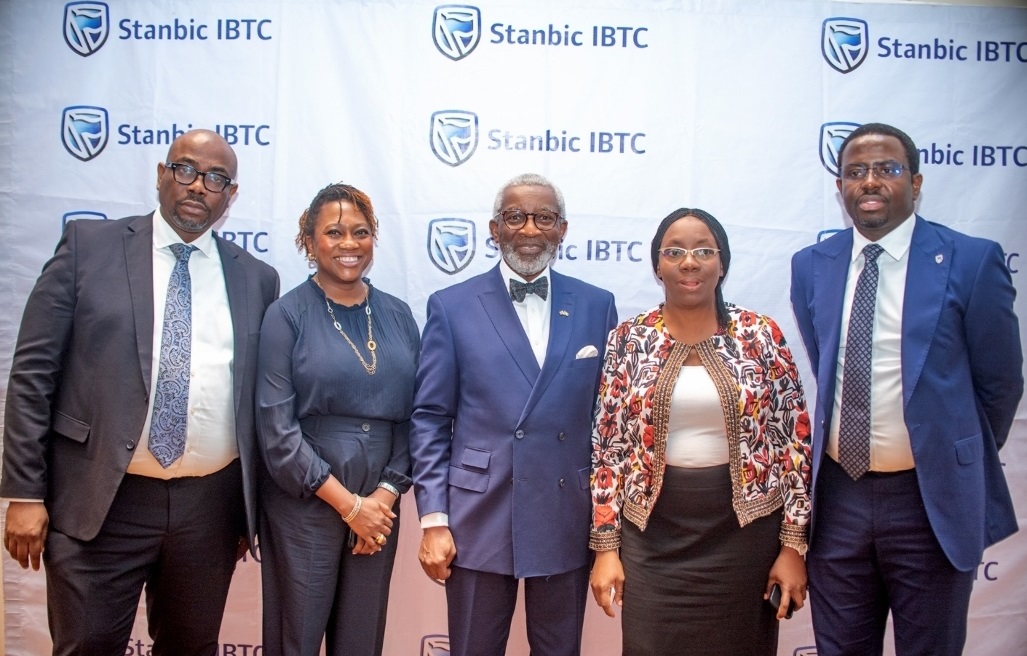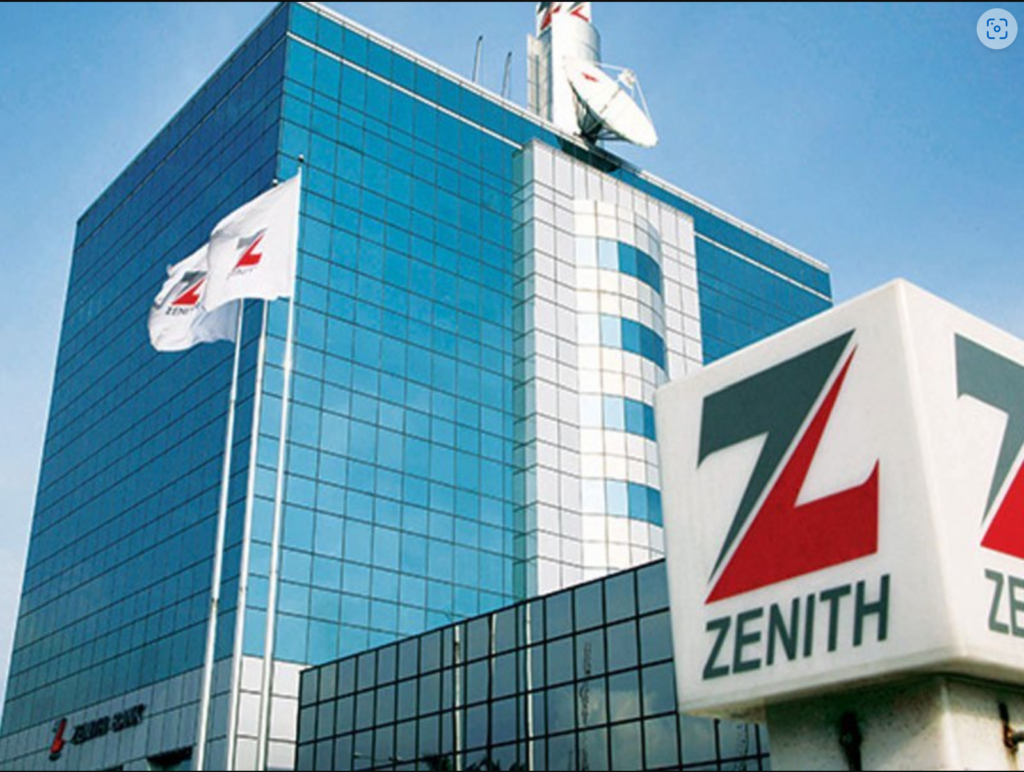Place your adverts here on InfoDig @ low rates; banner ads, sponsored links and guest articles etc. Contact us
“By positioning themselves as families, companies create an environment where employees feel a deeper connection to the organisation’s success.”
You have likely heard a company leader or manager say, “We are like family here.” It sounds comforting, doesn’t it? It creates a sense of belonging, a promise that the company will take care of you, just like your family would. But as many have learnt, this rhetoric often conceals a harsher truth: your company is not your family, and expecting it to be can lead to significant disillusionment.
Just imagine that you have been working at the same company for ten years. You have given your all, working late nights, sacrificing weekends, and constantly going above and beyond to meet tight deadlines. You believe you are part of something greater than just a job because your company calls itself a “family.” You feel a bond with your co-workers and your boss, and even when you are stressed, you tell yourself it’s worth it because you belong.
Then one day, an email arrives in your inbox: “Unfortunately, due to recent economic challenges, we have to downsize.” You have just been laid off; no warning, no personal conversation, just a generic email. In that moment, you realise that the “family” you thought you were part of is more fragile than you ever imagined.
This is a common scenario that employees experience when they buy into the “company as family” myth, a well-intentioned but ultimately manipulative narrative.
The “company family” metaphor has become a staple in corporate culture, often used to foster loyalty and commitment. It began to rise in the latter half of the 20th century, as companies started focussing more on building workplace culture, offering perks, and creating environments that make employees feel more emotionally invested in their work. This tactic was especially prominent in organisations, where leaders wanted employees to feel a sense of ownership and long-term commitment.
By positioning themselves as families, companies create an environment where employees feel a deeper connection to the organisation’s success. This feeling often drives workers to go beyond their job description, working late nights, accepting lower salaries, or prioritising the company’s needs over their own well-being. Employees are led to believe that the company will reciprocate this loyalty, offering them job security and emotional support in return.
However, unlike families, companies are profit-driven entities with clear hierarchies and bottom-line objectives. Loyalty is expected, but it is not always returned in kind.
The first major issue with the “company family” narrative is that it sets unrealistic expectations. While families are defined by unconditional love, emotional support, and stability, companies operate under an entirely different set of principles, grounded in performance and profitability. This mismatch can lead to confusion and emotional harm for employees who expect familial treatment from an entity that ultimately prioritises profit.
For instance, in times of economic downturn, companies often have to make tough decisions like layoffs, cutting benefits, or restructuring. When these decisions are made, the “family” metaphor collapses. No matter how much an employee has contributed or how long they have been with the company, if their role is no longer considered profitable or necessary, they can be let go. Families don’t fire their members for underperformance, but companies do.
This experience is prevalent across industries, as companies use the family rhetoric to inspire dedication and sacrifice from their employees. But when the company needs to cut costs or pivot to meet market demands, those same employees are often the first to go.
Understanding why this myth is dangerous requires a closer look at the fundamental differences between work and family relationships.
Conditional vs. unconditional relationships:
Family relationships are typically unconditional. Parents don’t stop loving their children because they didn’t clean their room, and siblings don’t cut ties over a single argument. In contrast, workplace relationships are conditional. You are valued if your work performance meets expectations and contributes to the company’s goals. When that changes, your relationship with the company can end abruptly.
Read also: Five ways to maintain good work relationships
Transactional nature of work:
Work is transactional at its core. You exchange your time, skills, and expertise for a salary and benefits. In a family, there is no expectation that every action is quid pro quo. While companies may provide perks or emotional support to their employees, it is all within the context of the work being done. Once you no longer meet the needs of the company, the transaction ends.
Profit over people:
Companies, by their very nature, prioritise profit. Even the most employee-friendly organisations exist to make money. Family, on the other hand, operates on love, support, and mutual care. When financial performance falters, companies will restructure, lay off workers, or make other tough decisions to ensure profitability. Families support their members through hard times, but companies are not designed to do that.
Boundaries and expectations:
Healthy families maintain open communication and emotional availability while still respecting personal boundaries. Companies, despite their best intentions, often blur these lines. When a company calls itself a family, it can create an expectation that employees should sacrifice more of their personal time, energy, and even well-being for the “greater good.” This kind of expectation is not only unfair, but it can also lead to burnout and frustration.
It’s time to rethink the relationship between employees and companies. While the “family” metaphor may foster temporary loyalty, it often leads to long-term disillusionment when employees discover the transactional reality of their roles. Instead of pretending to be families, companies should strive to build healthy, professional relationships based on mutual respect, clear boundaries, and open communication.
For employees, understanding that your company isn’t your family can be liberating. It allows you to set boundaries, pursue fulfilment outside of work, and view your job as one part of your life, not the whole. Leaders, too, must recognise that manipulating emotions with familial rhetoric can do more harm than good. Instead, fostering a culture of transparency and professionalism is the key to long-lasting trust and engagement in the workplace.
In the end, doing your job well, getting paid, and going home to your real family is the healthiest approach for all involved.
About the author:
Dr Toye Sobande is a strategic leadership expert, lawyer, public speaker, and trainer. He is the CEO of Stephens Leadership Consultancy LLC, a strategy and management consulting firm offering creative insight and solutions to businesses and leaders. Email: [email protected]

 2 hours ago
30
2 hours ago
30














 English (US) ·
English (US) ·